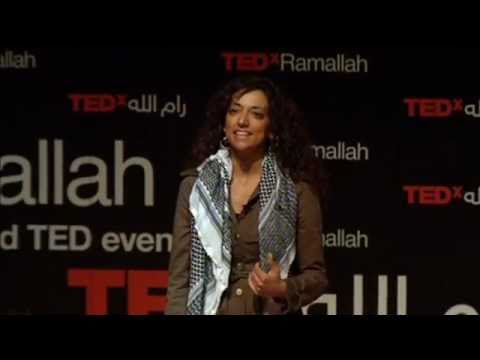Category: In the Media
-
Haaretz: Israel passes law banning calls for boycott
11 July 2011 | Ha’aretz The Knesset passed Monday a law penalizing persons or organizations that boycott Israel or the settlements, by a vote of 47 to 38. Prime Minister Benjamin Netanyahu was not present during the vote. MK Zeev Elkin (Likud), who proposed the law, said the law is not meant to silence people,…
-
Guardian: Rachel Corrie’s family claim Israeli military withheld vital video evidence
11 July 2011 | The Guardian The family of Rachel Corrie, the US activist killed in Gaza while protesting against house demolitions in 2003, on Monday claimed the Israeli military authorities withheld video evidence during the Corries’ civil lawsuit and misled US officials on crucial details. Craig Corrie, Rachel’s father, told a press conference in…
-
Humanity Has No Nationality – هويدا عراف
16 April 2011 | Huwaida Arraf at TEDxRamallah Huwaida Arraf is a Palestinian lawyer with American and Israeli citizenship. In 2001 Huwaida co-founded the International Solidarity Movement (ISM), which has twice been nominated for the Nobel Peace Prize. Huwaida is co-author of “Peace Under Fire: Israel, Palestine, and the International Solidarity Movement.” She taught in…

